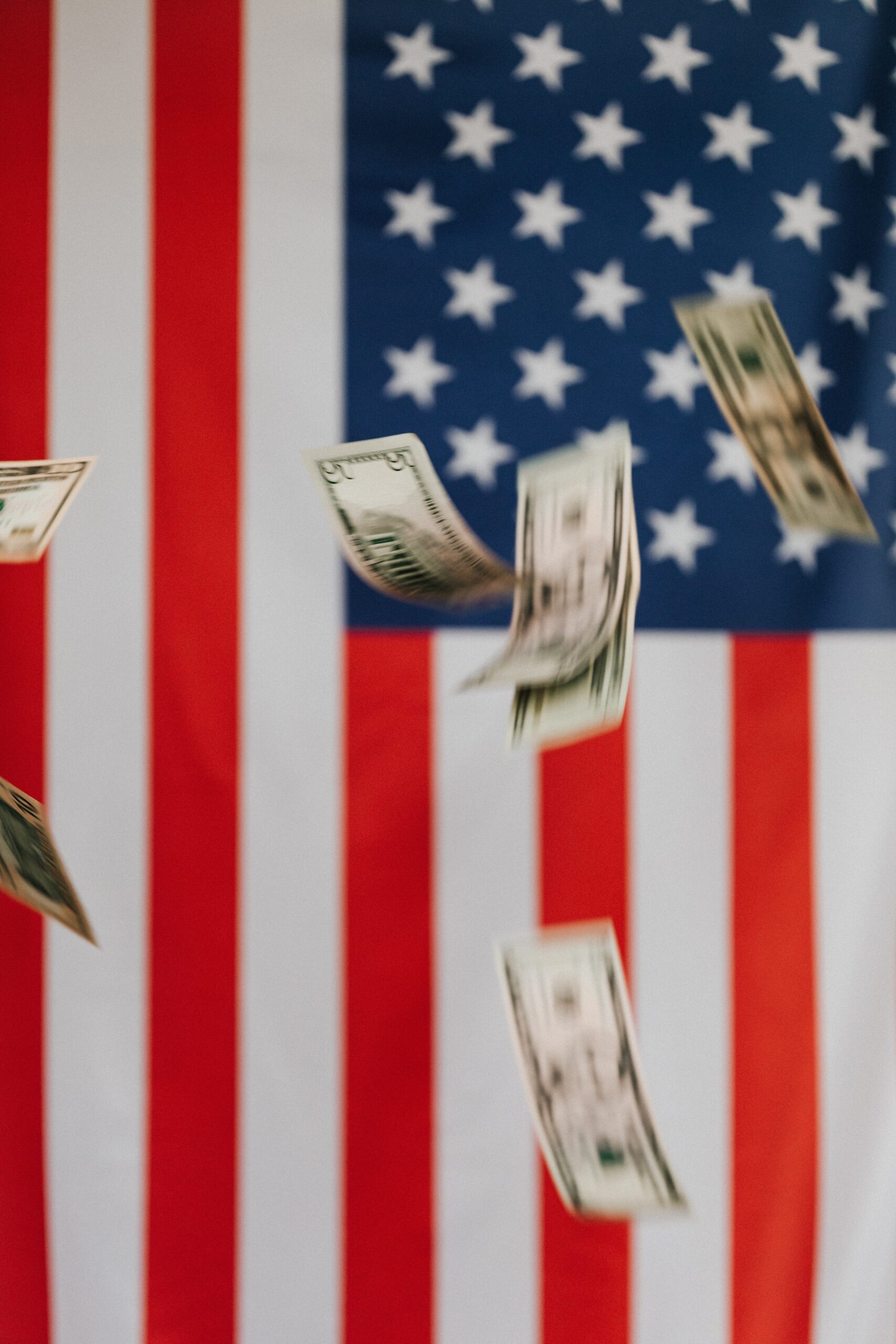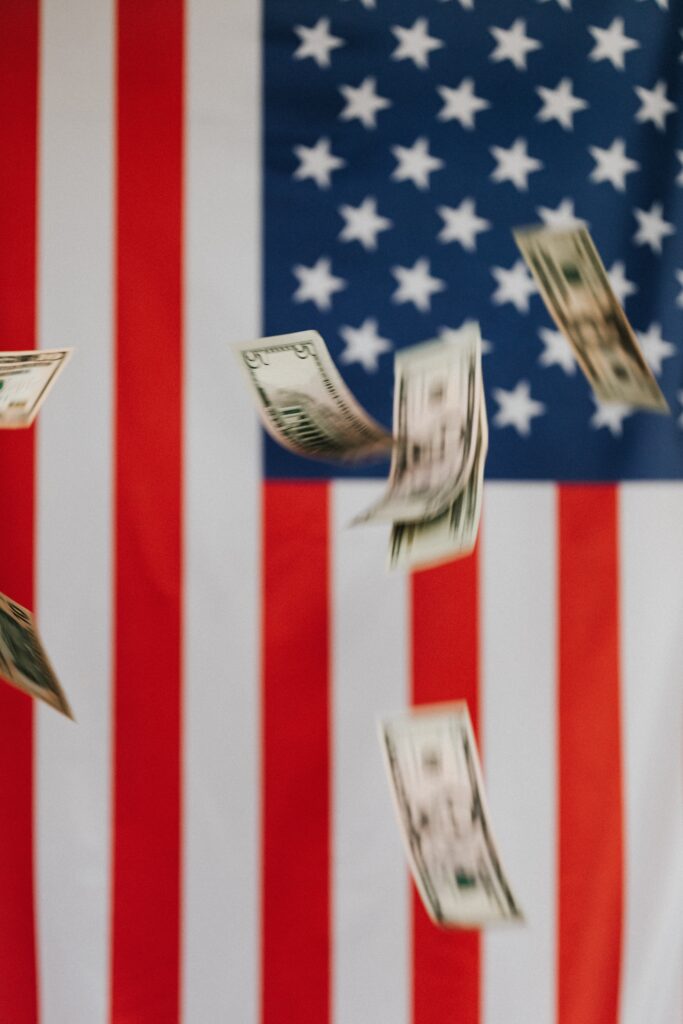

14.09.2022 –Surprise: Inflation in the USA rose more sharply in August than analysts had expected. Now, interest rate fears are once again sweeping the trading floor. No – the interest rate panic. High-tech stocks in particular went down after the CPI. And the dollar fizzled away.
But, but – how can that be? So close to the midterms, a Democratic administration is cooking up a hard-to-digest soup for the Democrats. In August, the inflation rate in the U.S. was 8.3 percent. Still, a small drop from 8.5 percent in July and from 9 percent in June. However, almost all economists had expected a lower value for the Consumer Price Index. After all, the U.S. Energy Information Administration had reported that gasoline prices had fallen by 12.8 percent in August. This drop alone contributed to a 0.7 percentage point reduction in inflation. Analysts had therefore estimated the annual inflation rate in August at an average of 7.8 percent. But things turned out differently.
Almost all analysts were wrong
Only the Bank of Montreal hit the nail on the head with its forecast of 8.3 percent – 47 out of 50 economists were wrong. This caught many traders on the wrong foot, who had expected only a moderate inflation trend and a rally on the stock market. The reaction on the market: mainly interest rate-sensitive high-tech stocks down, dollar up. The picture shows the four-hour chart of the Nasdaq 100. A real bloodbath – we hope you were right with your trades.

Source: Bernstein Bank GmbH
The details are also not pleasing for bulls on the stock market. The Consumer Price Index rose 0.1 percent month-on-month, while an average of minus 0.1 percent had been expected. The core rate, which is particularly watched by the Federal Reserve, rose 0.6 percentage points, twice as much as expected. We are thus experiencing the 27th consecutive month of higher inflation. The 6.74 percent year-over-year increase in rents, in particular, is likely to raise gray hairs among Dems – this is the highest rate since the early 1980s and is not likely to go over well at the ballot box at all.
The Fed will react
The Japanese investment bank Nomura commented: “We saw this tug of war between goods moderating and services remaining strong. This is not a tug of war. They both moved up. (…) This is no good news across this report.” The conclusion from all this is that the Federal Reserve is likely to raise interest rates significantly next week. The market has 75 points completely priced in. Discussions on the floor, however, are now already 100 basis points. This poses the risk of an excessive cooling of the economy – a soft landing seems questionable. Bernstein Bank is keeping an eye on the situation for you!
The content of this publication is for general information purposes only. In this context, it is neither an individual investment recommendation or advice nor an offer to purchase or sell securities or other financial products. The content in question and all the information contained therein do not in any way replace individual investor- or investment-oriented advice. No reliable forecast or indication for the future is possible with respect to any presentation or information on the present or past performance of the relevant underlying assets. All information and data presented in this publication are based on reliable sources. However, Bernstein Bank does not guarantee that the information and data contained in this publication is up-to-date, correct and complete. Securities traded on the financial markets are subject to price fluctuations. A contract for difference (CFD) is also a financial instrument with leverage effect. Against this backdrop, CFD trading involves a high risk up to the point of total loss and may not be suitable for all investors. Therefore, make sure that you have fully understood all the correlating risks. If necessary, ask for independent advice. CFDs are complex instruments and are associated with the high risk of losing money quickly because of the leverage effect. 68% of retail investor accounts lose money trading CFD with this provider. You should consider whether you understand how CFD work and whether you can afford to take the high risk of losing your money.7
